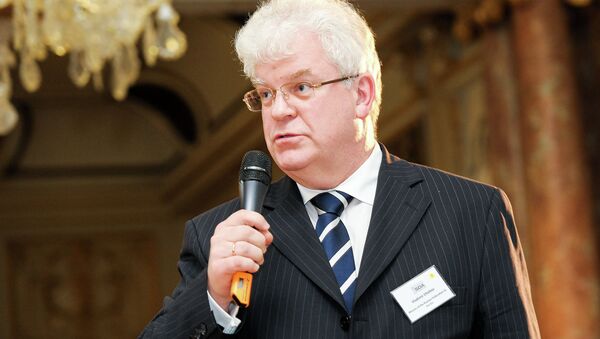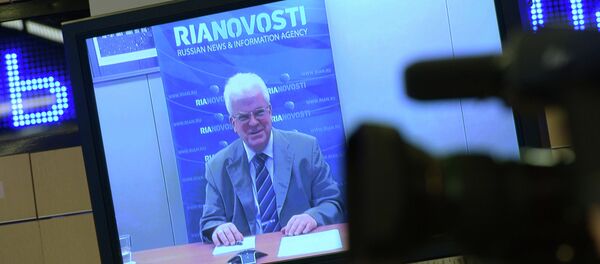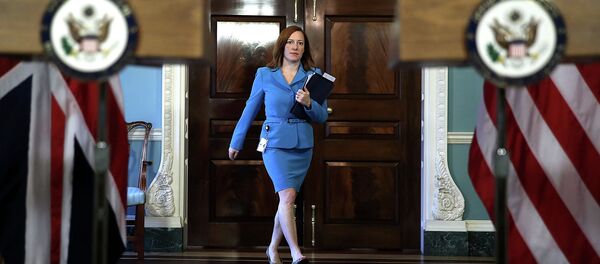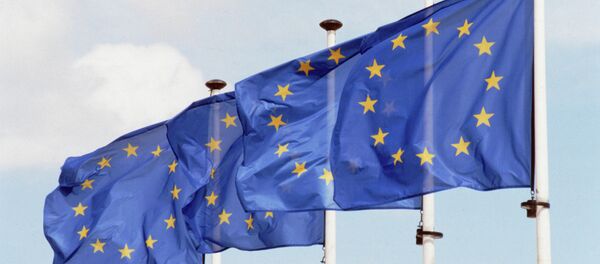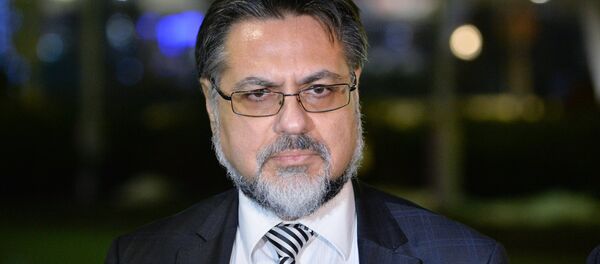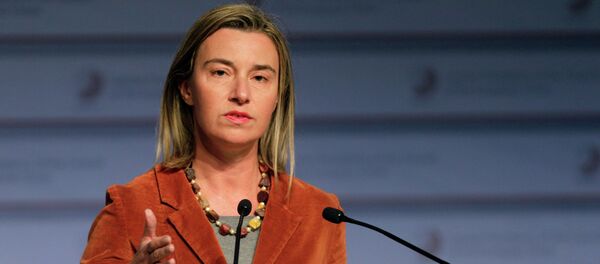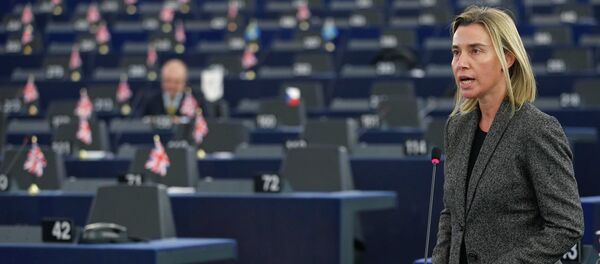“I think expecting that the European Union quickly lifts sanctions regarding Crimea would be unwise. The EU does not suffer much from the sanctions regarding Crimea. What it suffers from are the sectoral economic sanctions against Russia. I think it would be more realistic to talk about them being lifted,” Chizhov said.
Discussing a possible timeframe, the Russian EU ambassador said that “this could probably happen closer to the summer.
The European Union, alongside the United States and several other allies, introduced sanctions against a number of Russian officials following Russia's reunification with Crimea. The Crimean peninsula seceded from Ukraine and became a part of Russia after more than 96 percent of local voters supported the move in a referendum in March 2014.
Russia has repeatedly denied involvement in Ukraine’s internal crisis. In August 2014, Moscow introduced a one-year import ban on certain food products from the countries that had imposed sanctions against it.
The armed conflict in eastern Ukraine could be solved within a month if Kiev authorities show political will, Russia’s envoy to the European Union said in an interview with RIA Novosti Saturday.
Russian officials have repeatedly called for direct dialogue between Kiev and the self-proclaimed republics of Donetsk and Luhansk (DPR and LPR), stating that the only way to reach a peace settlement is to allow residents of eastern Ukraine to be heard.
“If Ukrainian leaders, speaking of a political settlement, at the same time increase shelling of Donetsk and Luhansk, announce another wave of mobilization, openly, or mostly secretly beg the West for weapons, if the Verkhovna Rada [Ukrainian parliament] announces Russia as an aggressor and deems LPR and DPR as terrorist organizations – what inclusive dialogue could there possibly be?” he added.
“Whether the talks should be joined by someone other than the OSCE and Russia is a secondary question. The most important thing is that they include authorized representatives from Kiev, Donetsk and Luhansk,” Chizhov said.
Ukrainian peace talks have been held in several formats. The Minsk format, comprising representatives from Kiev, Moscow, the OSCE, as well as DPR and LPR, resulted in a ceasefire deal between Ukraine’s warring parties in September. The truce has since been repeatedly broken, with both sides accusing each other of failing to comply with the Minsk agreements.
The confrontation between the warring sides intensified severely in the beginning of 2015, deemed by the UN to be the "worst hostilities" since the truce was signed.
"According to my information, she really is intent [on visiting Moscow], and confirms it through trustees. There was a speculation in the media that she didn't dare bringing this issue to the last Council [of EU foreign ministers], because she would not have got permission. But Mogherini does not need any permission from the Council. She is independent enough, and her status allows it. And she wants to come to Moscow," Chizhov said.
Russia's envoy to the EU added that the right moment has to be chosen for Mogherini's visit.
Within this framework, Russia is represented by Deputy Foreign Minister Aleksey Meshkov, with Deputy Secretary General of the European External Action Service Helga Schmid representing the bloc.
Last November, Mogherini told journalists that the idea of her going to the Russian capital for negotiations on the settlement of Ukrainian crisis was raised by a number of EU Foreign Ministers.
Relations between Russia and the European Union deteriorated following the start of the armed conflict in eastern Ukraine in 2014. The bloc, as well as a number of other states, accused Moscow of interfering in Ukrainian internal affairs and imposed several rounds of sanctions against Russia.
